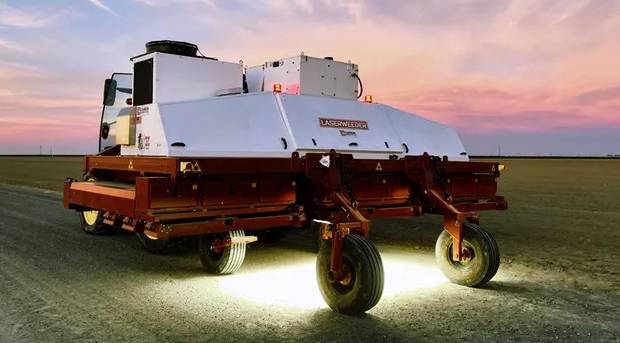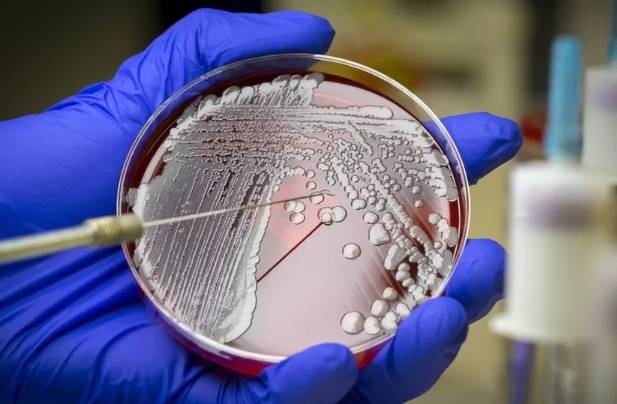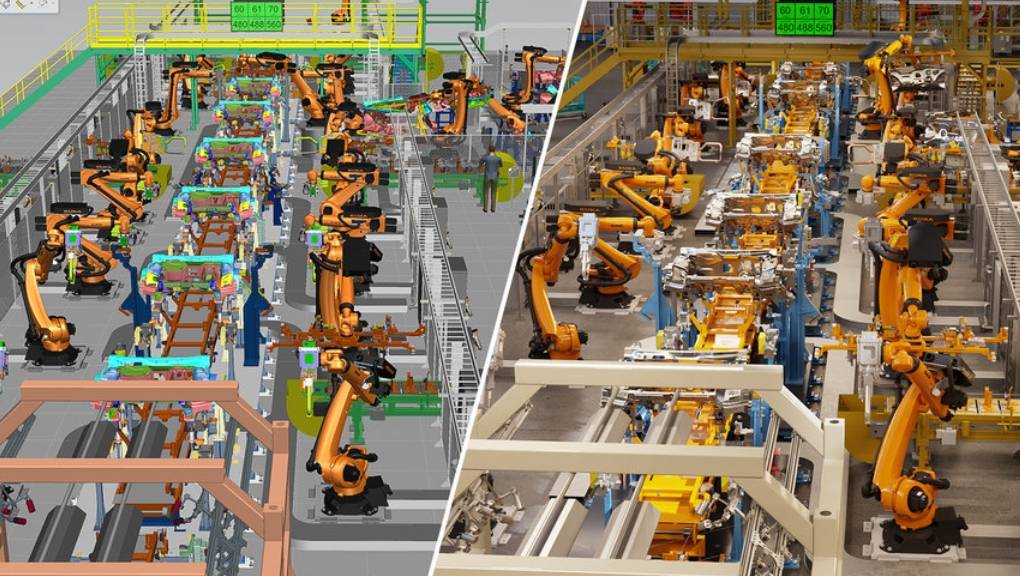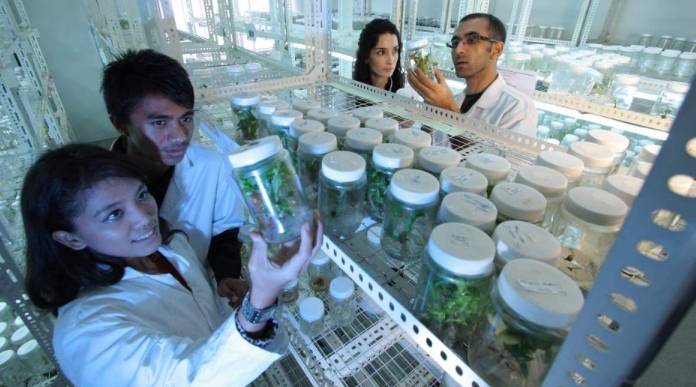
The role of biotechnology in the development of green technologies for mitigating climate change is significant. By utilizing living organisms or materials, biotechnology facilitates the creation of sustainable products and processes. With its help, production processes that have a lower carbon footprint, reduced waste, and minimal pollution can be achieved. This article highlights the contributions of biotechnology towards the development of green technologies and discusses some of the recent advances made in this field.
Understanding Biotechnology: Its Definition and Applications
The utilization of living organisms or materials to produce beneficial products is known as biotechnology. It is employed to implement more environmentally friendly production methods, which decrease the carbon footprint, waste, and pollution. Biotechnology is a multi-disciplinary field of study that includes biology, chemistry, engineering, medicine, and informatics. It is utilized to create technologies that enhance the production of food, energy, and materials.
How Biotechnology Contributes to the Advancement of Sustainable Technologies
Biotechnology’s role in the development of green technologies is significant, as it aids in reducing carbon footprint, waste, and pollution. The use of biotechnology has led to the development of biofuels, renewable energy sources, recycling technologies, and production process improvements.
- Biofuels are fuels derived from biological materials such as biomass, solar energy, and biogas. They offer an eco-friendly alternative to fossil fuels, as they are cleaner and less harmful to the environment. Moreover, biofuels are more efficient as they produce fewer carbon dioxide emissions.
- Renewable energy: Biotechnology is aiding in the development of renewable energy technologies which are crucial in reducing our reliance on fossil fuels. Biotechnology is being employed to create innovations in solar, wind, geothermal, and hydroelectric energy production. These energy sources are cleaner and have a lower environmental impact compared to fossil fuels.
- Recycling Technologies: The contribution of biotechnology towards recycling technologies is significant as it helps in reducing the amount of waste produced. The development of recycling technologies using biotechnology enables the reuse of materials, thus minimizing the amount of waste sent to landfills. Furthermore, biotechnology aids in the development of more efficient technologies for separating and recycling waste.
- Technologies to improve production processes: biotechnology is involved in developing technologies to enhance production processes, such as improving the quality and efficiency of production while reducing production costs.
The implementation of these green technologies is expected to have a positive impact on the environment, while simultaneously improving people’s quality of life.

 Exploring the Enigma of ‘Blue Zones’: Global Hotspots for Longevity
Exploring the Enigma of ‘Blue Zones’: Global Hotspots for Longevity  Ethical Considerations in the Development of Future AI Assistants: Insights from Researchers
Ethical Considerations in the Development of Future AI Assistants: Insights from Researchers  AI Revolutionizes Agriculture: Robotics and Lasers Join Forces to Tackle Weeds Across Farmlands
AI Revolutionizes Agriculture: Robotics and Lasers Join Forces to Tackle Weeds Across Farmlands 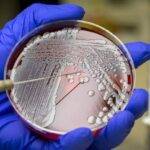 AI Unveils Groundbreaking Antibiotic Effective Against Superbugs
AI Unveils Groundbreaking Antibiotic Effective Against Superbugs 
